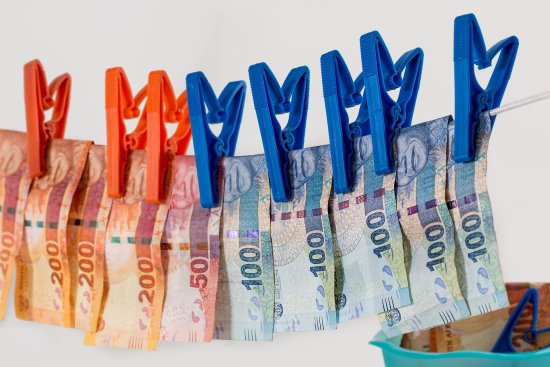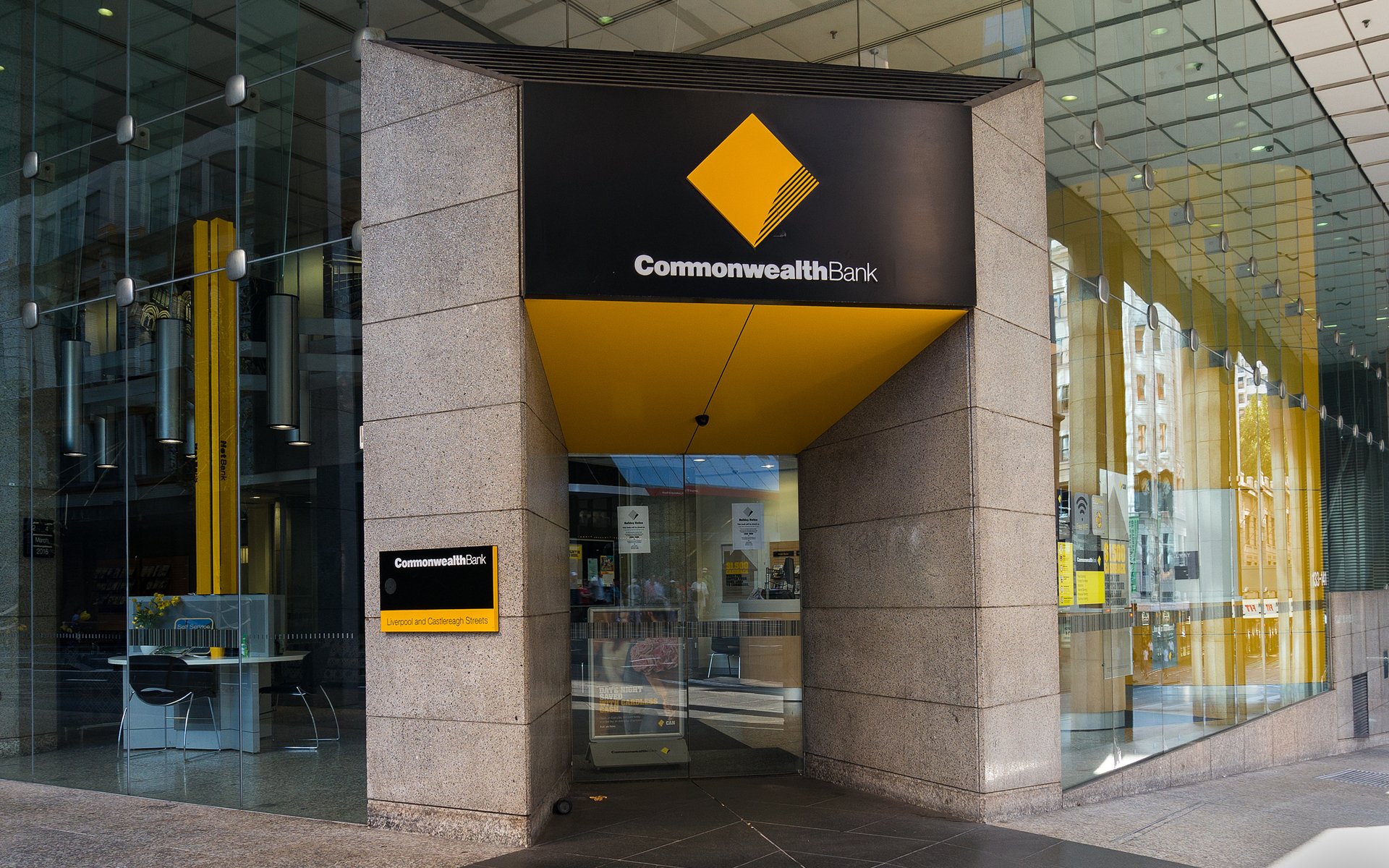Commonwealth Bank of Australia (CBA) has come under fire after an investigation accused it of helping the Italian mafia launder money.
Bank Suspends Corrupt Workers After Press ‘Questions’
CBA, the largest Australian listed company on the Australian Securities Exchange and the biggest bank in the southern hemisphere, made the headlines last month for blocking cryptocurrency access for clients due to their “unregulated” nature. Now local media reports it has fired two employees who did private deals with Calabrian kingpin Rocco Arico in 2015.
As The Age reports, the scam involved three major Australian banks, with Rocco now serving a 14-year jail term for a string of offenses.

After the publication “asked questions” about CBA’s involvement, the institution fired two employees who are the subject of a transcript of an interview with Rocco, in which he signaled they would engage in corrupt activities for his benefit.
The employees’ real names have been changed.
“I’ll organise it with the banker,” Arico told an acquaintance. “You come in the Commonwealth Bank, we see Hasan the bank f—ing guy, give your details, sign the documents, to go for the loan and let me worry about it.”
“Even better … We go and see Peter… [he] is a hundred percent. This guy is the best … and whatever he’ll need to do, he’ll do.”
Rabobank? Is That You?
The irony of the bank’s practices, which come to light at a time various legacy institutions criticize cryptocurrency for its apparent lack of legality, echoes that of the Netherlands’ Rabobank just months ago.
As Bitcoinist reported, even as Rabobank barred Bitcoin for being “too risky,” its Californian arm was being taken to court and fined $369 million for being complicit in Mexican drug money laundering. What’s more, Rabobank later announced plans to open up its own custodial cryptocurrency wallet called Rabobit.

CBA meanwhile faces “hundreds” of other money laundering complaints from Australian lawmakers, Reuters reported in February.
As for Bitcoin, the policy remains unchanged.
“We have made this decision because we believe virtual currencies do not meet a minimum standard of regulation, reliability, and reputation when compared to currencies that we offer to our customers,” the statement announcing the block reads.
What do you think about Commonwealth Bank of Australia’s money laundering connections? Let us know in the comments below!
Images courtesy of Shutterstock
























